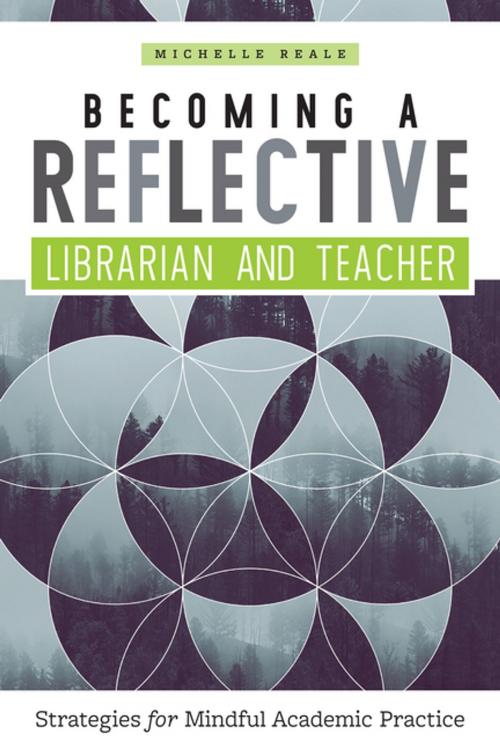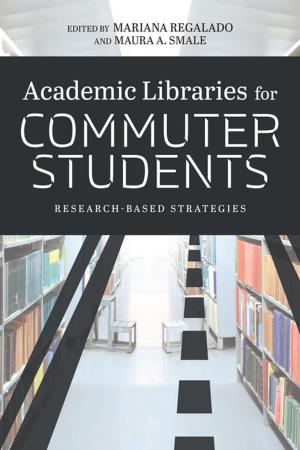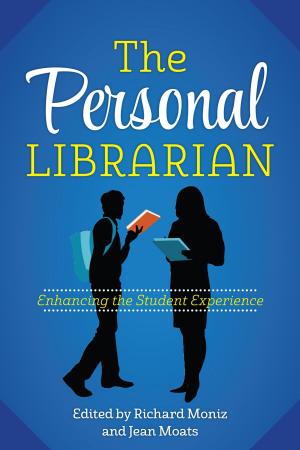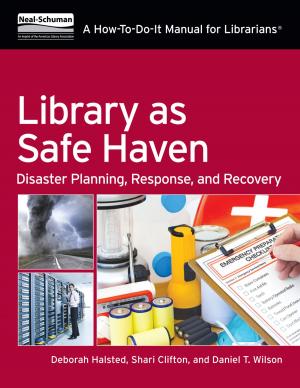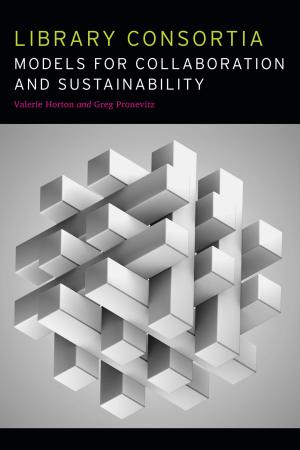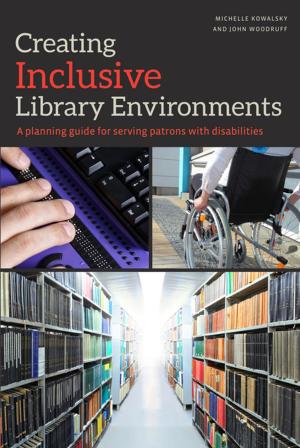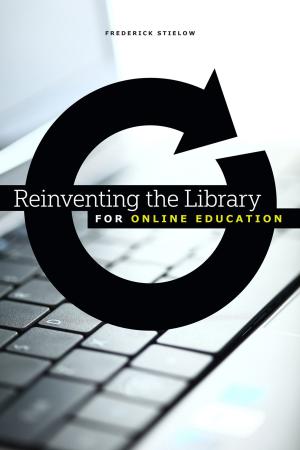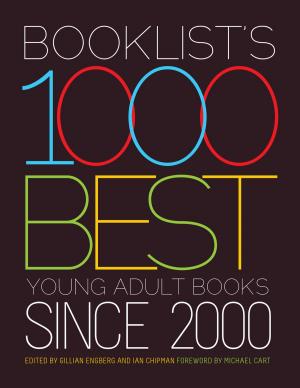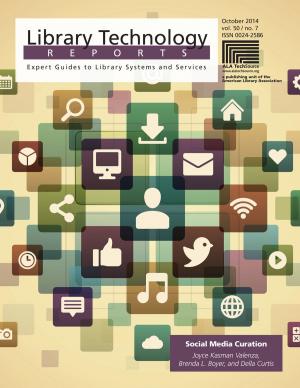Becoming a Reflective Librarian and Teacher
Strategies for Mindful Academic Practice
Nonfiction, Reference & Language, Language Arts, Library & Information Services, Reference| Author: | Michelle Reale | ISBN: | 9780838915394 |
| Publisher: | American Library Association | Publication: | December 16, 2016 |
| Imprint: | ALA Editions | Language: | English |
| Author: | Michelle Reale |
| ISBN: | 9780838915394 |
| Publisher: | American Library Association |
| Publication: | December 16, 2016 |
| Imprint: | ALA Editions |
| Language: | English |
Too much of the time our attempts at achieving a work/life balance instead amount to a rigid compartmentalization of the different parts of our lives. But the very qualities that make us human, including our thoughts, feelings, and experiences, are the keys to making us better librarians and teachers. The path forward is through reflection, which can help us gain insights that are applicable both personally and professionally. In this book Reale employs a conversational tone to lead readers through the steps of reflective practice, offering a concise framework for reflective practice, from laying the groundwork and getting started through creating and sustaining a reflexive loop; guidance on how to use journaling as a tool for expressing experiences, creating a dialogue with oneself, listmaking, and other constructive reflection; tips for becoming a reflective practitioner both inside and outside of the classroom; a plan for using reflective practice with colleagues through conversation and collaboration; and strategies at the end of each chapter for putting ideas into practice. This thoughtful book illuminates reflective practice as a pedagogical tool that holds benefits both for ourselves as professionals and for our students.
Too much of the time our attempts at achieving a work/life balance instead amount to a rigid compartmentalization of the different parts of our lives. But the very qualities that make us human, including our thoughts, feelings, and experiences, are the keys to making us better librarians and teachers. The path forward is through reflection, which can help us gain insights that are applicable both personally and professionally. In this book Reale employs a conversational tone to lead readers through the steps of reflective practice, offering a concise framework for reflective practice, from laying the groundwork and getting started through creating and sustaining a reflexive loop; guidance on how to use journaling as a tool for expressing experiences, creating a dialogue with oneself, listmaking, and other constructive reflection; tips for becoming a reflective practitioner both inside and outside of the classroom; a plan for using reflective practice with colleagues through conversation and collaboration; and strategies at the end of each chapter for putting ideas into practice. This thoughtful book illuminates reflective practice as a pedagogical tool that holds benefits both for ourselves as professionals and for our students.
